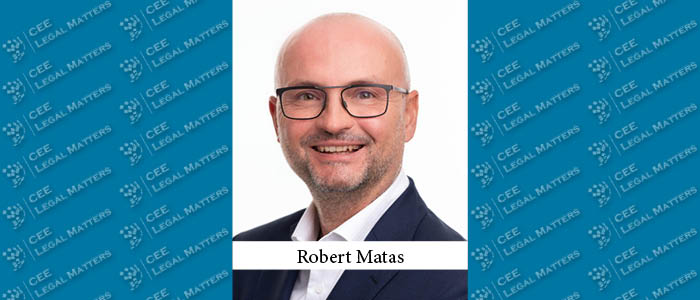Glimstedt Estonia reports that it successfully convinced the Supreme Court of Estonia, sitting en banc, to hold as unconstitutional a procedural law passed by the Parliament of Estonia regarding limits to the compensation of legal expenses.
According to Glimstedt Partner Priit Latt, the case involved a regulation established by the Government of Estonia, establishing the maximum amounts for which payment of expenses for contractual representatives could be claimed from other participants in a civil proceeding). In the trademark case at hand, that amount was EUR 319.56, which Glimstedt claims is "clearly not enough in the case of more complex disputes.”
Glimstedt's client in the case before the Supreme Court involved AS Uvic, an Estonian food production company, which was contesting the decisions of the Harju County Court and Tallinn Circuit Court in connection with the expenses it incurred in a successfully-resolved trademark dispute. According to Glimstedt, "In case no. 3-2-1-153-13 the Supreme Court en banc declared several important provisions of Code of Civil Procedure and the Government’s regulation which prescribed the limits of legal expenses unconstitutional and invalid. The Supreme Court annulled the lower court’s decisions and assigned the designation of procedural expenses to be reviewed again in county court.”
According to Glimstedt Partner Priit Latt, the key to law-making is in quality and protection of fundamental rights not speed and dissolving of separation of powers. "The legal environment in Estonia today must be clear and understandable for all parties to ensure stability and equality of treatment for all citizens,” he said. "Parliament must not become a ‘rubber stamp' and this means the Riigikogu must resolve important matters, such as limitations of right of ownership and everyone’s fundamental right to recourse to the courts, themselves, and not assign the resolving of these matters to executive power of the state – the Government.“





























